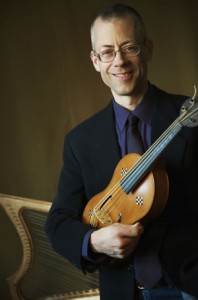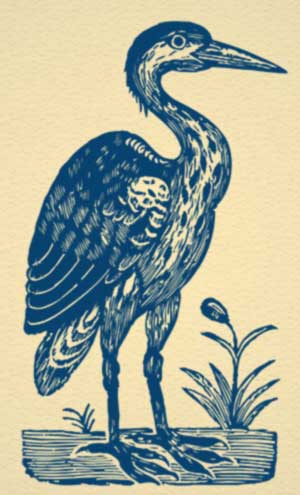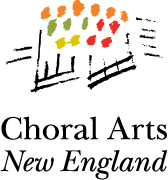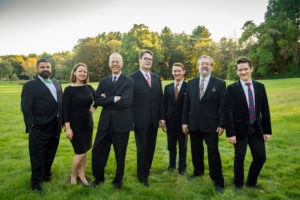 Blue Heron
Blue Heron
The vocal ensemble Blue Heron has been acclaimed by The Boston Globe as “one of the Boston music community’s indispensables” and hailed by Alex Ross in The New Yorker for the “expressive intensity” of its interpretations. Combining a commitment to vivid live performance with the study of original source materials and historical performance practices, Blue Heron ranges over a wide repertoire, including 15th-century English and Franco-Flemish polyphony, Spanish music between 1500 and 1600, and neglected early 16th-century English music, especially the unique repertory of the Peterhouse partbooks, copied c. 1540 for Canterbury Cathedral. The ensemble also regularly performs earlier and later music, from a concert version of Guillaume de Machaut’s Remede de Fortune to a collaboration with A Far Cry featuring Gabriel Fauré’s Requiem, Le Cantique des Cantiques for twelve voices by Jean-Yves Daniel-Lesur (composed in 1952), and Devran (2017) by Boston’s Mehmet Ali Sanlıkol.
Blue Heron presents a subscription series in Cambridge, Massachusetts. The ensemble has appeared at the Boston Early Music Festival; in New York City at Music Before 1800, The Cloisters (Metropolitan Museum of Art), and the 92nd Street Y; at The Library of Congress, the National Gallery of Art, and Dumbarton Oaks in Washington, D.C.; in California at the Berkeley Early Music Festival and Festival Mozaic in San Luis Obispo; in Chicago, Cleveland, Kansas City, Milwaukee, Montreal, Philadelphia, Pittsburgh, Providence, St. Louis, Seattle, and Vancouver; for a visit of His Holiness the Dalai Lama to the Massachusetts Institute of Technology; and in the UK in Cambridge and London. Blue Heron has been ensemble in residence at the Center for Early Music Studies at Boston University and at Boston College and has enjoyed collaborations with A Far Cry, Dark Horse Consort, Les Délices, Parthenia, Piffaro, and Ensemble Plus Ultra.
Between 2010 and 2017 the ensemble issued a 5-CD series of Music from the Peterhouse Partbooks, including many world premiere recordings of works copied c. 1540 for Canterbury Cathedral and restored by Nick Sandon. The fifth CD was awarded the 2018 Gramophone Classical Music Award for Early Music and the five discs are now available as a set entitled The Lost Music of Canterbury. In 2015 Professor Jessie Ann Owens and Blue Heron won the Noah Greenberg Award from the American Musicological Society to support the world premiere recording of Cipriano de Rore’s I madrigali a cinque voci, released in 2019. In 2015 Blue Heron also inaugurated Ockeghem@600, a multi-season project to perform the complete works of Johannes Ockeghem (c. 1420-1497), which will wind up around 2022 in time to commemorate the composer’s circa-600th birthday. A parallel project to record all of Ockeghem’s songs and motets bore its first fruits in 2019 with the release of Johannes Ockeghem: Complete Songs, Volume I, which was named to the Bestenliste of the Preis der deutschen Schallplattenkritik. Blue Heron’s recordings also include a CD of plainchant and polyphony that accompanies Thomas Forrest Kelly’s book Capturing Music: The Story of Notation, the live recording Christmas in Medieval England, and a compilation of medieval songs entitled A 14th-Century Salmagundi.
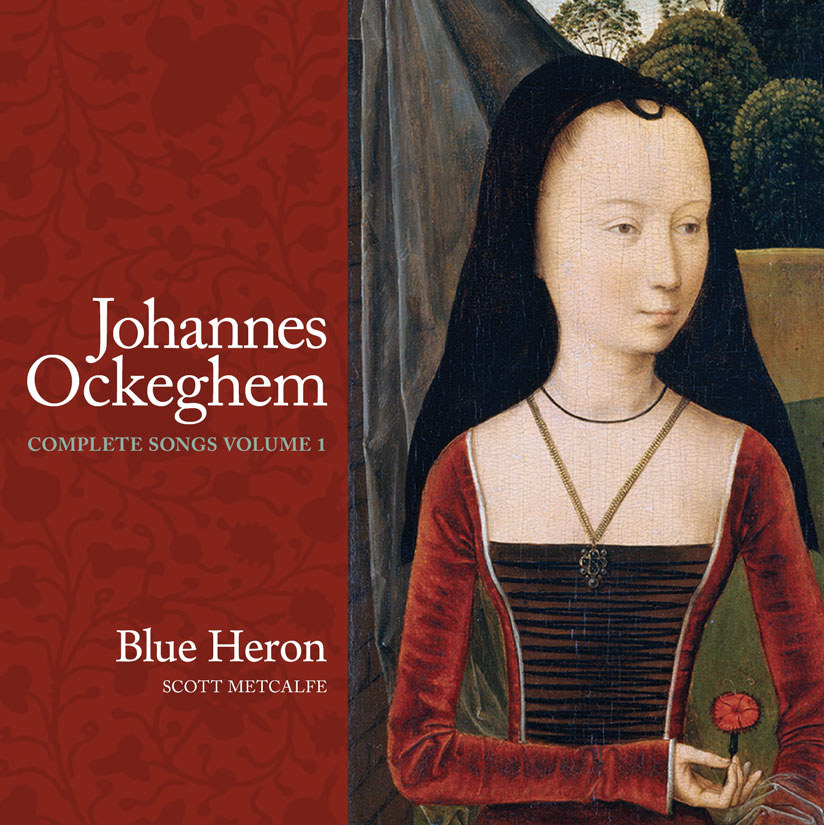 Johannes Ockeghem: Complete Songs Volume 1
Johannes Ockeghem: Complete Songs Volume 1

